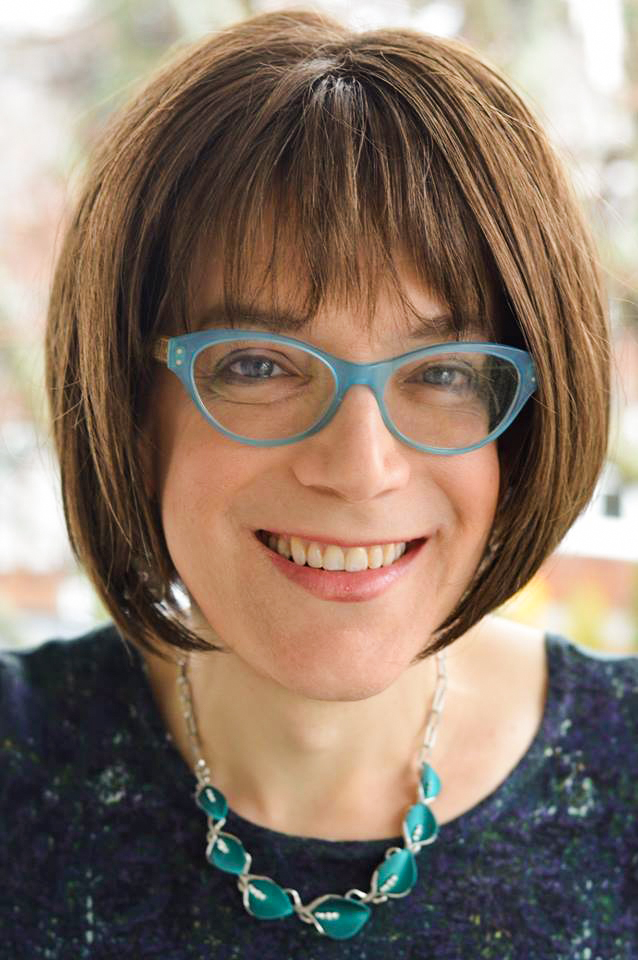
Wikimedia Commons
Poet, literary critic, Harvard professor and transgender activist Stephanie Burt GRD ’00 gave what she called an hourlong “elevator pitch” for her new book — “Don’t Read Poetry: A Book About How to Read Poems” — on Thursday afternoon.
Burt told the room of nearly 60 attendees in Room 211 of Linsly-Chittenden Hall that the talk would not be a scholarly discussion of research or a poetry reading. Instead, she said it would be a discussion of her latest work, which explores the various art forms that the word “poetry” encompasses.
“Resist overgeneralization,” she said. “Don’t come at [this] thousands-of-years-old [art form] … with a preconceived idea of what it’s for, what it’s supposed to do or why you’re supposed to like it.”
Burt said she was inspired to write this book when she realized that “there was a lot more writing out there that could be called poetry.” According to Burt, literary critics and scholars too often use a narrow definition of poetry when studying the art form. She said she hopes her book — originally published in May of this year — will reach audiences both inside and outside of the world of academia.
She asked the audience to consider if their favorite hip-hop band or favorite Virginia Woolf novel was poetry. According to Burt, the lines between poetry and other art forms, like music and prose, are more blurry than most people expect.
In the talk, Burt touched on a wide range of topics from queer romance to cultural appropriation. She peppered the talk with jokes, occasionally jumping up and down with enthusiasm for the topic at hand. She periodically gauged the audience’s reaction, once saying: “stop me if I’m doing anything wrong. Anything wrong so far?”
But the audience repeatedly shook their heads no. The crowd, which consisted mainly of professors and students, reacted enthusiastically to the talk and laughed at Burt’s poetry humor.
Burt stressed the parallel between poetry and music during the talk. According to Burt, people often discount the entire genre of poetry after reading one type of poem. This tendency is one that is not common in music.
“We should read poems the way we listen to songs and string quartets and jazz improvisations,” said Burt, suggesting that readers should consume various genres of poetry in order to find what they like. Burt added that this exploration helps readers understand poetry and could help revive the art form for modern readers.
“She made a great point about how there is no real objective standard of poetry. Thinking about it like music was good,” said Sahaj Sankaran ’20.
Audience members like Alex Lawson ’23 appreciated Burt’s efforts to make poetry more accessible. Lawson said his key takeaway from the talk was that “you should let poetry be more than just sonnets and stuff old white people told you to write.”
While Professor Burt spoke specifically on the techniques most prevalent in different literary eras, her message was ultimately a universal one.
“There’s probably a poem out there for you if you enjoy using words and you have feelings,” she said.
Professor Burt has published eight books, including two critical works about poetry and three poetry collections.







